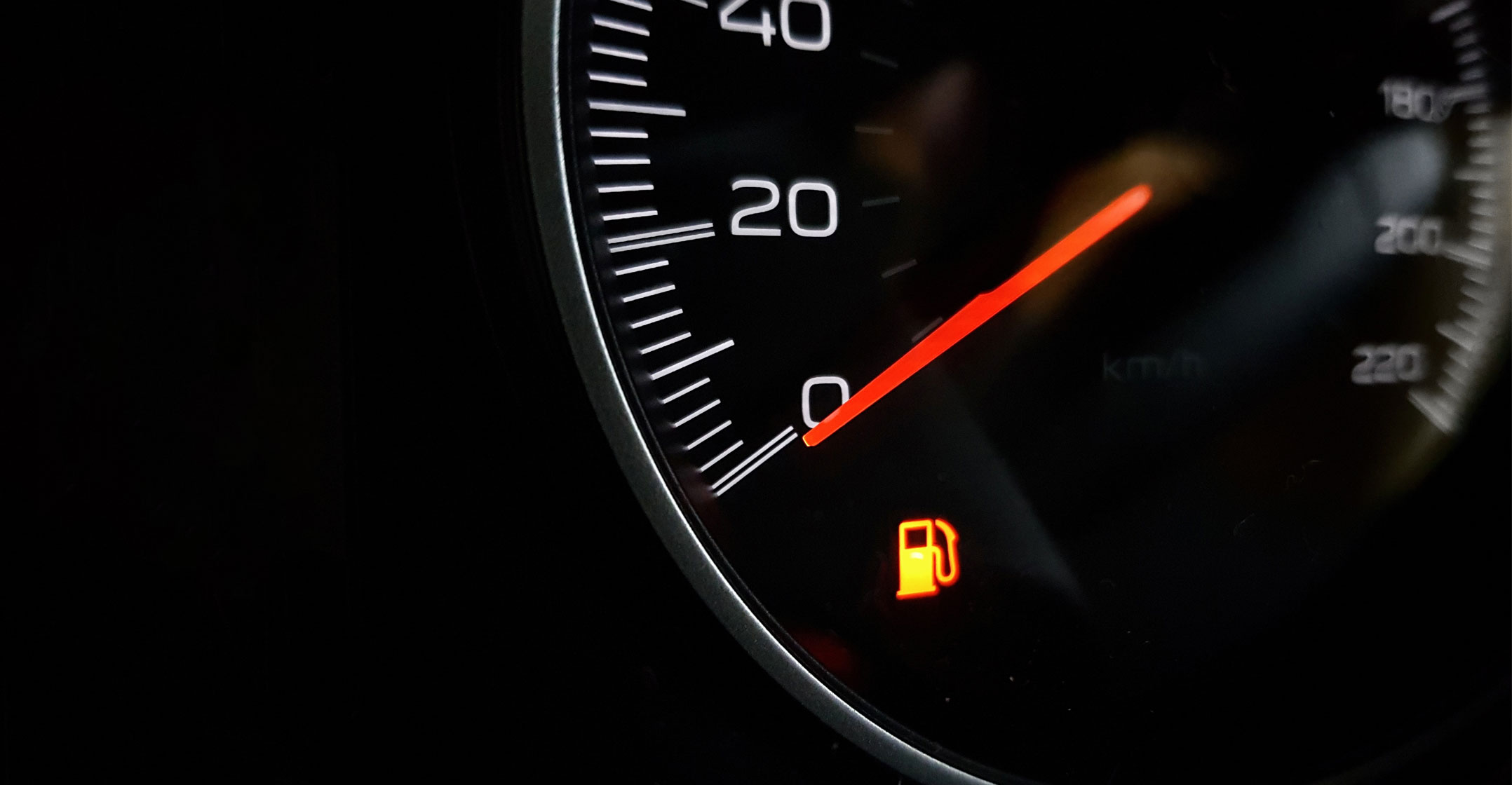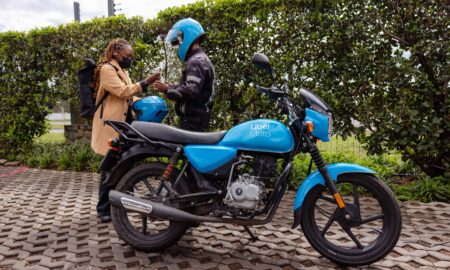 Drivers working for Uber, Bolt and other ride-hailing services in South Africa embarked on a strike to protest against record-high petrol prices and put pressure on the government to pass industry regulations to protect their rights.
Drivers working for Uber, Bolt and other ride-hailing services in South Africa embarked on a strike to protest against record-high petrol prices and put pressure on the government to pass industry regulations to protect their rights.
The nationwide strike will continue for three days, said Vhatuka Mbelengwa, a spokesman for the drivers. A meeting held with government officials on Sunday failed to prevent the labour action, which started on Monday.
While the drivers complain their incomes have been eroded, Uber said it has increased the price of its rides to help offset their costs, and that talks about increased regulation are ongoing.
“Our goal is to maintain a holistic view on inflationary pressures to ensure that the platform remains economically viable for drivers,” Uber’s head of mobility operations for sub-Saharan Africa, Kagiso Khaole, said in an e-mail. “With this in mind, we have increased prices.”
Bolt said that it increased its fares by as much as 20% this month, and it sought to balance drivers’ needs with the affordability of its services for passengers.
The company respected the drivers’ right to strike and urged to them to do so legally and peacefully, while respecting the rights of those who continued to operate, Gareth Taylor, Bolt’s regional manager in the 16-nation South African Development Community, said in an e-mailed response to question.
China’s Didi Global, which also offers ride-hailing services in South Africa, did not immediately respond to requests for comment. — Loni Prinsloo and S’thembile Cele, (c) 2022 Bloomberg LP




